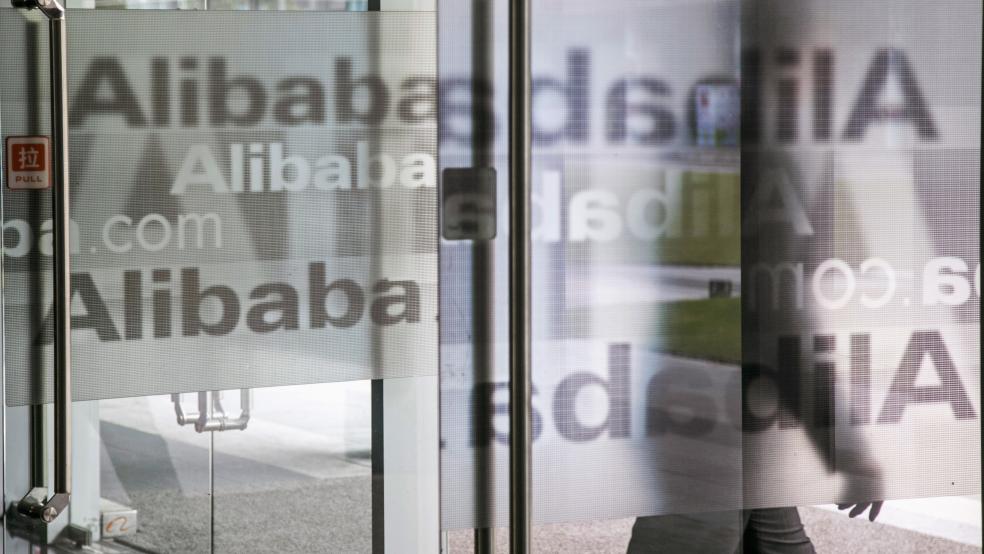Last week, the Chinese e-commerce giant Alibaba Group filed documents for an IPO seeking to raise capital in America. The details revealed in those documents illustrate why the IPO is now widely expected to be one of the biggest in history, possibly even eclipsing Facebook’s $18.4 billion public share sale.
Alibaba's original platform was Alibaba.com, a business-to-business portal to connect Chinese manufacturers with overseas buyers. Alibaba has since expanded to develop Taobao (a huge eBay-style consumer auction site now ranked in the top 10 most visited websites worldwide), Tmall (an Amazon-style internet retail portal now ranked in the top 30 most visited websites worldwide), eTao (a price comparison website), Alibaba Cloud Computing (a cloud computing platform), Yahoo China (a web portal which Alibaba purchased from Yahoo), and Laiwang (an instant messaging platform competing with WeChat and WhatsApp). Alibaba also developed AliPay, a PayPal-style online payments system which was spun off in 2011 and will not be part of the IPO.
Related: Americans Are Still Idiots When It Comes to Investing
Most people in the West probably aren't familiar with Alibaba, as the vast majority of its business is located in China. But the sheer size of that business should not be overlooked. Alibaba's enormous growth and success in China strongly suggests the company has the products and resources to expand into the West and challenge Amazon, eBay, and maybe even Facebook and Google.
Alibaba generated revenue of 40.5 billion yuan ($6.5 billion) in the last three quarters of 2013, making a net profit of $2.9 billion.That comes from $248 billion of sales across its platforms in 2013, with more than 11.3 billion orders placed. That equates to almost 10 orders for every person in China. That's massive — it means customers are buying and buying and buying and coming back for more and more and more. And like Amazon, Alibaba is reinvesting most of its revenue into growing its business.
And consider this: The $248 billion total value of merchandise sold on its platforms worldwide last year was higher than the worldwide total of sales on Amazon and eBay combined. Alibaba has also grown faster than Amazon and eBay for each of the last seven years.
In other words, the firm has shown a similar hunger to Google and Amazon, and its Chinese rivals Tencent and Baidu, to expand across domains and become an all-conquering mega-portal. And it's succeeding, at least in the Chinese market.
Related: 3 Exciting Moves from Amazon Coming This Year
The really exciting thing for Alibaba is that China is still a market where the majority of people don't even have internet access yet (just 42 percent had it at the end of 2013 compared to 81 percent in the U.S.). China is still rapidly industrializing, and millions of people are still moving from the countryside into the cities, providing a huge amount of room for Alibaba to grow in China.
Jack Ma, Alibaba's founder, named the company Alibaba based on his impression that it was a name that could be recognized globally, by people from India, Germany, Japan, China, the United States, and so on. His ambitions have always been global. And Alibaba's original business model was about connecting manufacturers in China to firms in the West. Whether the obvious love Chinese consumers have for Alibaba's services can translate to Western consumers remains to be seen. But expect to see much, much more of them in the coming years.
This aticle originally appeared at The Week.
Read more from The Week:




